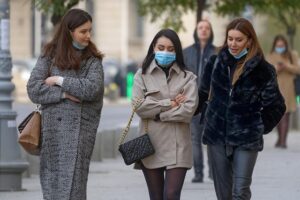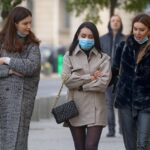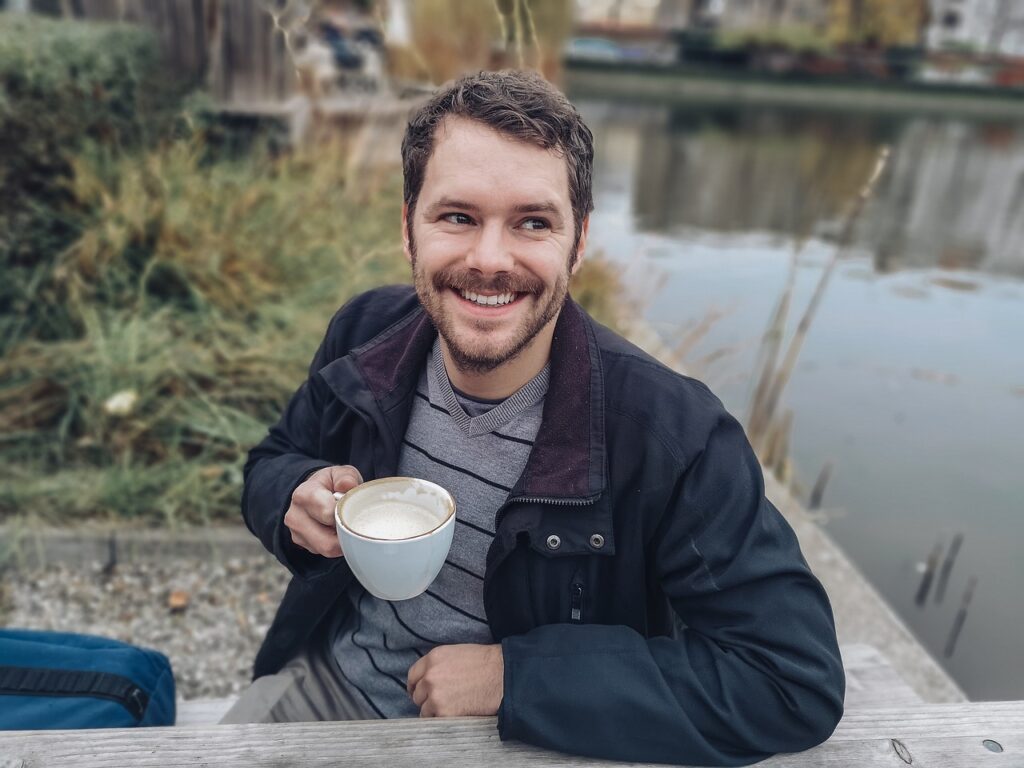COVID-19 isn’t making headlines like it used to — but that doesn’t mean it’s gone. New variants continue to appear, and some people still face serious health risks. If you’re wondering how to protect yourself from COVID-19 in 2025, you’re not alone.
Here’s what you need to know about staying safe, minimizing your risk, and making smart decisions in your daily life — even as the world moves forward.
COVID-19 Isn’t Over — It’s Just Evolving
While emergency declarations have ended, COVID-19 is still circulating in most communities. It tends to spike during colder months and in crowded indoor settings.
The good news? We now have better tools — and more knowledge — than ever before. But staying protected requires adapting your approach as the virus changes.
5 Key Ways to Protect Yourself in 2025
You don’t need to live in fear, but you can take smart steps to reduce your risk and protect those around you.
1. Stay Up to Date on Vaccines
- Get your annual COVID booster if you’re eligible — especially if you’re over 60, have a chronic condition, or live with someone high-risk.
- Talk to your doctor if you’re unsure which version you need.
- Flu + COVID shots can often be given at the same time.
2. Use Masks When It Makes Sense
- High-quality masks (like N95s or KN95s) offer excellent protection in crowded or poorly ventilated spaces.
- Don’t feel awkward about masking on planes, public transit, or during outbreaks — it’s smart self-care.
3. Test When Appropriate
- Rapid home tests are still useful before gatherings or after exposure.
- If you feel sick or have symptoms, test early and retest if needed.
- Consider testing before visiting older relatives or attending large events.
4. Prioritize Fresh Air
- Open windows or meet outdoors when possible.
- Use HEPA filters or air purifiers indoors, especially in shared spaces.
- Ventilation matters — even small changes can reduce your risk.
5. Practice Smart Hygiene
- Wash hands frequently, especially after touching public surfaces.
- Avoid touching your face when out and about.
- Stay home if you’re sick — and encourage others to do the same.
Protecting Others Starts With You
Even if you’re healthy and low-risk, others around you may not be. Taking a few small precautions — like staying home when sick or testing before a visit — shows you care.
Think of it like seatbelts or sunscreen: You might not always “need” it, but it makes a difference over time.
What If You Get Sick Anyway?
If you do test positive for COVID-19:
- Stay home for at least 5 days
- Wear a mask if you must be around others
- Rest, hydrate, and monitor your symptoms
- Ask your doctor about antiviral medications like Paxlovid — they work best when started early
Most people recover fully, but if your symptoms last longer than expected, check in with your doctor about long COVID care.
Final Word: Stay Smart, Not Scared
You don’t have to overhaul your life to stay protected — just make smart, flexible choices. The basics still work: test when needed, stay up to date on vaccines, and be mindful of those around you.
COVID-19 might be part of life now, but with the right habits, you can keep living yours with confidence.








